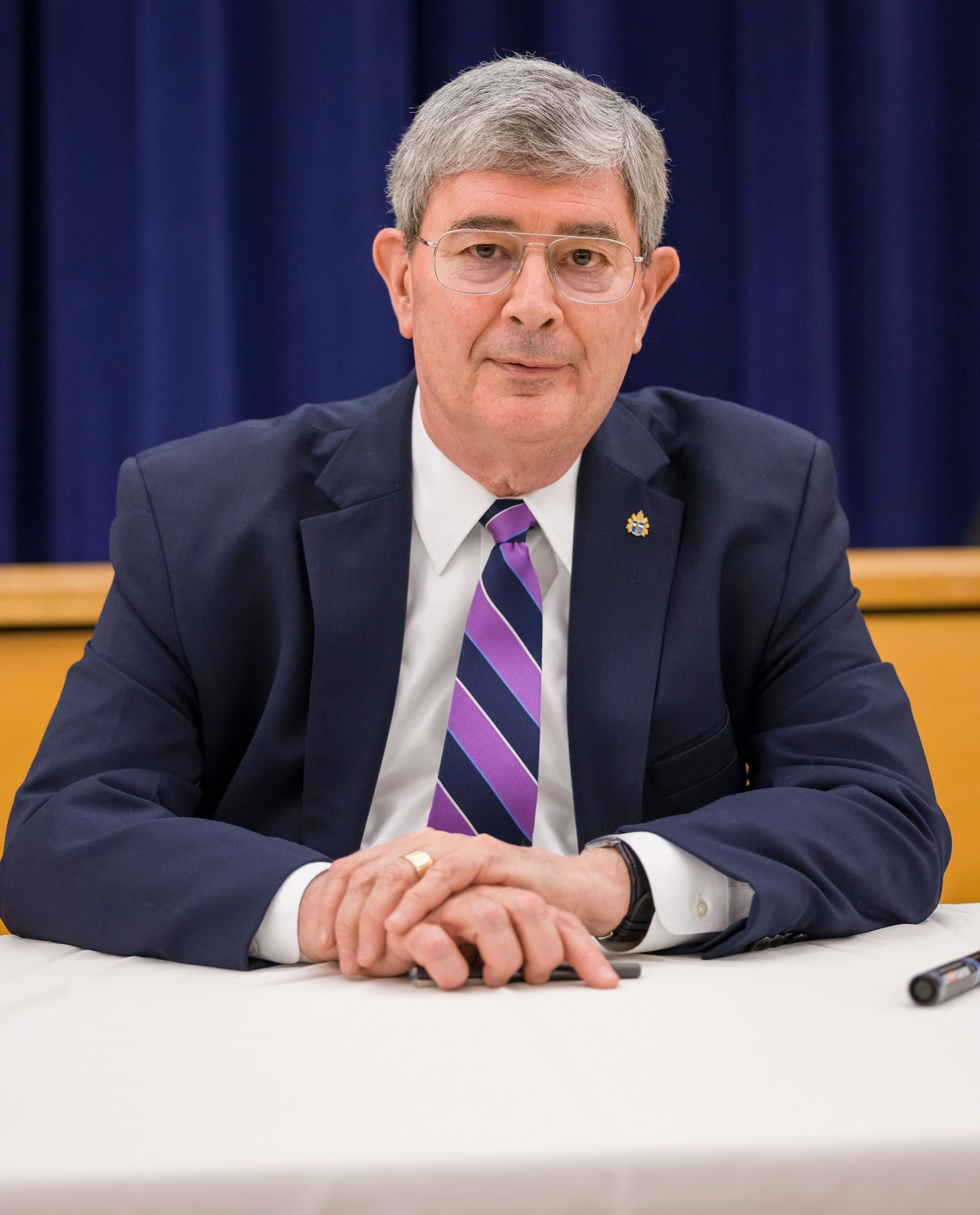TRIGGER WARNING: The next few sentences will upset some of you.
There is a case to be made that the United States lost the Vietnam War—or, at the very least, that the war’s military endgame and aftermath were more horrible than they need have been—because congressional Democrats refused to continue arming a South Vietnamese army prepared to defend the 1973 Paris Peace Accords that the North Vietnamese were systematically violating in their bloody-minded determination to unite Vietnam under communist rule.
There are also cases to be made that the Obama administration lost the war in Iraq by a premature withdrawal of residual American forces there and that the Biden administration lost the war in Afghanistan by a similar scuttle—in both instances to appease party constituencies demanding an end to “endless” wars.
But let’s not get into those debates. Let’s assume that the conventional wisdom is correct: The Vietnam War was a bad foreign policy mistake, as were the War in Afghanistan and the Iraq War that began in 2003. Why does it necessarily follow that it would be another grave foreign policy mistake for the United States to continue providing substantial humanitarian and military assistance to Ukraine, as that country defends its very national existence against a brutal—indeed, genocidal—Russian assault?
To borrow from longtime Washington-area sportscaster Warner Wolf, “Let’s go to the videotape.”
In The Road Less Traveled: The Secret Battle to End the Great War, 1916–1917, Philip Zelikow makes an impressive case that the military, economic, and diplomatic realities were so aligned in those years that a diplomatically crafted end to World War I was possible. But President Woodrow Wilson, the only possible broker of a negotiated peace, blew the opportunity because of his congenital indecisiveness and concerns about the impending November 1916 election. In Peacemakers: The Paris Peace Conference of 1919 and Its Attempt to End War, Margaret MacMillan makes a persuasive case that Wilson (and Britain’s David Lloyd George, France’s Georges Clemenceau, and Italy’s Vittorio Orlando) thoroughly botched the postwar settlement by writing the Versailles Treaty (which Winston Churchill described in The Gathering Storm as “a sad story of complicated idiocy”). After that, Churchill continued, “mighty forces were adrift, the void was open, and into that void after a pause there strode a maniac of ferocious genius, the repository and expression of the most virulent hatreds that have ever corroded the human breast—Corporal Hitler.”
So: Because President Wilson had made such a mess of things, were the isolationists of the 1930s right in claiming that American intervention in World War I was a terrible mistake, that “merchants of death” had caused World War I, that Nazi Germany’s territorial ambitions in Europe were not our concern—and that the United States should refuse to arm Great Britain when that country stood alone after France fell to the Third Reich’s Blitzkrieg in 1940?
Dean Acheson is regarded by serious historians as the greatest Secretary of State in American history. (He certainly wrote the greatest of Washington memoirs when he penned Present at the Creation: My Years in the State Department.) In a January 1950 speech, Secretary Acheson omitted South Korea from what he termed the American “defense perimeter” in the Pacific—an omission that may have influenced the decision of North Korea’s Kim Il Sung to invade South Korea on June 25, 1950. Given that mistake, should the United States have declined to defend South Korea?
Because President Biden, in an even more egregious verbal gaffe, seemed to indicate that a “minor incursion” into Ukraine by Russia would be no big deal, is the Biden administration’s policy since Russia’s massive invasion of February 2022 thereby invalidated?
The issue of American aid for Ukraine should be decided on its own merits, and with a clear strategic and moral understanding of the current situation. If Russia’s Vladimir Putin can claim any sort of victory in Ukraine, the Putin project of reversing history’s verdict in the Cold War will be vindicated, and that project will continue. If the invasion of a non-threatening neighbor by an aggressor who destroys a trillion dollars’ worth of economic and social infrastructure, deliberately targets civilian homes and hospitals, rapes and murders with impunity, and kidnaps over 19,000 children is permitted to succeed, what will not seem permissible to the rest of the world’s thug-regimes? What would that mean for the security of the United States—and for the fate of decency in twenty-first-century world politics?
Those are the issues. Not Vietnam. Not Afghanistan. And not Iraq.
George Weigel’s column “The Catholic Difference” is syndicated by the Denver Catholic, the official publication of the Archdiocese of Denver.

George Weigel is Distinguished Senior Fellow of Washington, D.C.’s Ethics and Public Policy Center, where he holds the William E. Simon Chair in Catholic Studies.
First Things depends on its subscribers and supporters. Join the conversation and make a contribution today.
Click here to make a donation.
Click here to subscribe to First Things.
Photo by Imperial War Museum on Picryl licensed via Creative Commons. Image edited and cropped.
You have a decision to make: double or nothing.
For this week only, a generous supporter has offered to fully match all new and increased donations to First Things up to $60,000.
In other words, your gift of $50 unlocks $100 for First Things, your gift of $100 unlocks $200, and so on, up to a total of $120,000. But if you don’t give, nothing.
So what will it be, dear reader: double, or nothing?
Make your year-end gift go twice as far for First Things by giving now.


